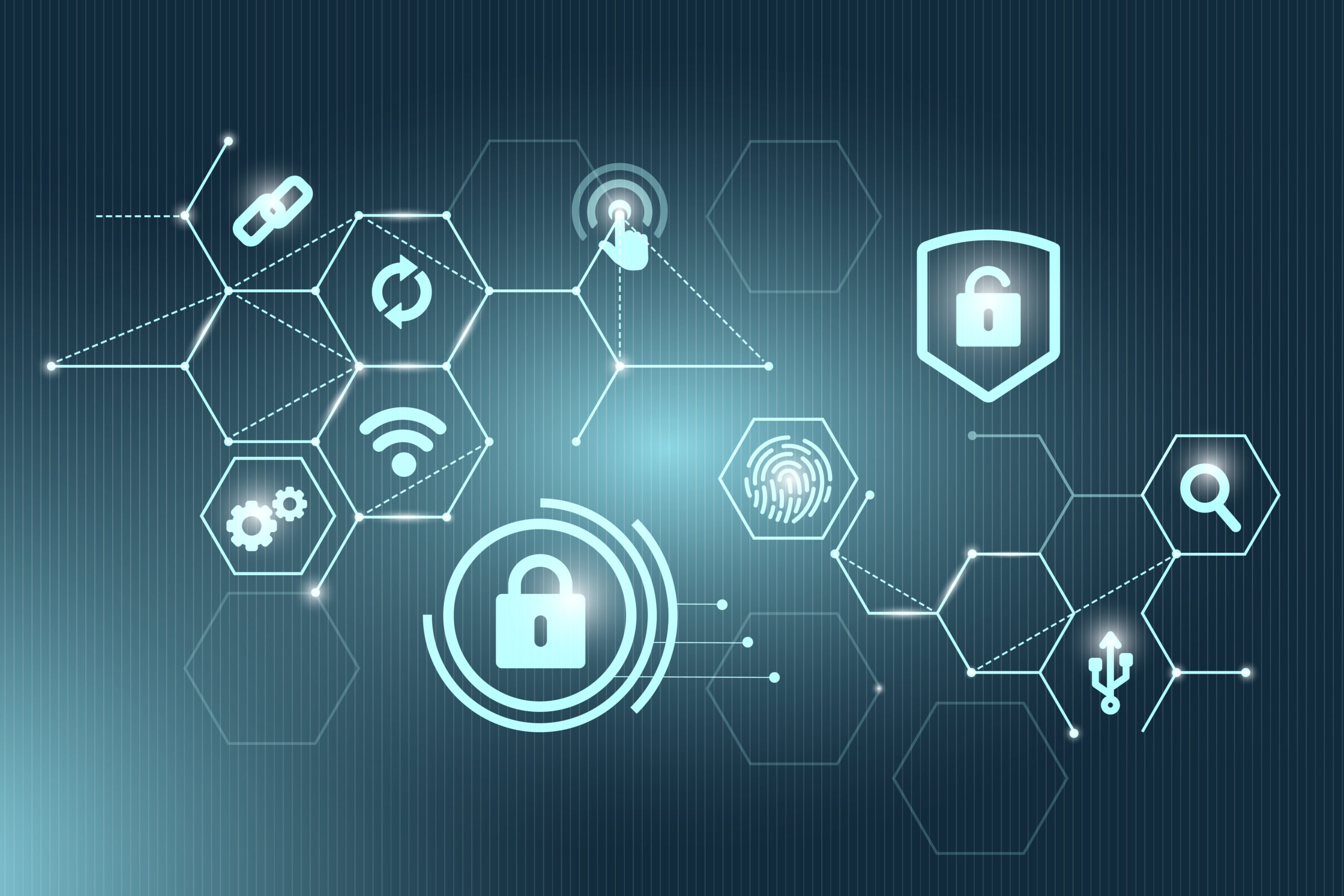Elevate Your Cyber IQ: The Ultimate Guide to Enrolling in the Best Cybersecurity Course
In today’s interconnected world, where digital landscapes are expanding unprecedentedly, the need for robust cybersecurity measures has become paramount. As technology advances, so do the threats associated with it. From data breaches and identity theft to ransomware attacks, individuals and organizations are vulnerable to cyber threats. As a response to these evolving challenges, the demand for skilled cybersecurity professionals has surged, leading to the emergence of numerous cybersecurity courses. If you’re looking to enhance your understanding of cybersecurity, enrolling in the right course is essential. This guide provides comprehensive insights into cybersecurity course, helping you make an informed decision.
The Growing Significance of Cybersecurity Courses

The digital revolution has brought countless benefits, but it has also exposed us to unprecedented risks. Cyberattacks have the potential to cripple businesses, compromise personal information, and even disrupt critical infrastructure. As a result, the need for cybersecurity professionals has skyrocketed. According to a report by Cybersecurity Ventures, there will be an estimated 3.5 million unfilled cybersecurity jobs globally by 2021, highlighting the massive gap between supply and demand in this field.
This gap has driven a surge in the number of cybersecurity courses being offered by educational institutions and online platforms. These courses cater to individuals with varying levels of expertise, from beginners with no prior knowledge to seasoned IT professionals looking to specialize in cybersecurity.
Key Considerations When Choosing a Cybersecurity Course
- Course Content and Curriculum: The foundational aspect of any cybersecurity course is its content. A well-structured curriculum should cover many topics, including network security, cryptography, ethical hacking, risk management, and more. It should provide both theoretical knowledge and practical hands-on experience.
- Instructors and Expertise: The credibility of a cybersecurity course greatly depends on the instructors. Look for courses taught by professionals with extensive experience in the field. Industry experts bring real-world insights and practical examples into the learning process, enhancing the overall value of the course.
- Hands-on Experience: Cybersecurity is a hands-on field. A good course should offer opportunities to apply theoretical concepts in practical scenarios. This could involve simulated cyberattacks, penetration testing, or setting up secure networks.
- Flexibility and Format: Consider your learning style and schedule. Cybersecurity courses are offered in various formats, including in-person classes, online courses, and self-paced learning modules. Choose a format that aligns with your preferences and commitments.
- Reputation and Reviews: Research the reputation of the course and the institution offering it. Look for reviews and testimonials from previous students. This can give you insights into the quality of education, the effectiveness of the curriculum, and the support provided.
- Certification: While not mandatory, certification adds credibility to your skills and can make you more attractive to potential employers. Check if the course offers any recognized certifications upon completion.
Industry Trends in Cybersecurity Courses
- Specialization: The field of cybersecurity is vast, and as threats become more complex, specialization is becoming increasingly important. Courses focusing on specific areas, such as cloud security, IoT security, or digital forensics, are gaining traction.
- Hands-on Learning: Traditional classroom lectures are being supplemented with hands-on learning experiences. Virtual labs and simulation exercises allow students to apply theoretical knowledge in realistic settings.
- Cyber Ranges: A growing trend is using cyber ranges – virtual environments that simulate real-world cyber threats. These environments allow learners to practice and refine their skills in a controlled and safe setting.
- Gamification: Gamified elements are being incorporated into courses to enhance engagement. This can include interactive challenges, capture-the-flag exercises, and other game-like activities.
- Integration of AI and Machine Learning: As AI and machine learning play pivotal roles in cybersecurity, courses are starting to integrate these topics into their curricula. Understanding how AI can be used for both defensive and offensive purposes is becoming crucial.
- Soft Skills Development: Cybersecurity isn’t just about technical know-how. Effective communication, problem-solving, and ethical decision-making are also vital. Courses are now placing more emphasis on developing these soft skills.
The Path Ahead
The cybersecurity landscape will continue to evolve, and staying updated with the latest trends and skills is essential for a successful career in this field. Enrolling in a reputable cybersecurity course can provide you with the knowledge and skills needed to tackle the challenges posed by cyber threats. As you embark on this educational journey, remember that cybersecurity is not just a profession; it’s a mission to safeguard digital spaces for individuals, organizations, and society.
In conclusion, the world of cybersecurity offers both challenges and opportunities. The increasing frequency and sophistication of cyberattacks demand a well-equipped workforce to counter these threats. Enrolling in a cybersecurity course can be a pivotal step toward acquiring the skills and expertise needed in this dynamic and critical field. As you evaluate your options, keep in mind the course content, the instructors’ credibility, the practical learning opportunities, and the industry trends that are shaping the future of cybersecurity. Your journey toward a fortified cyber IQ begins with a well-informed choice of the right cybersecurity course.

















